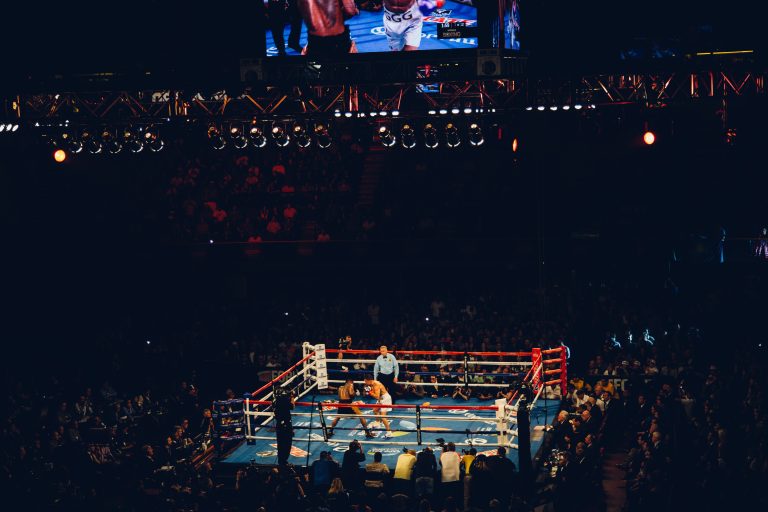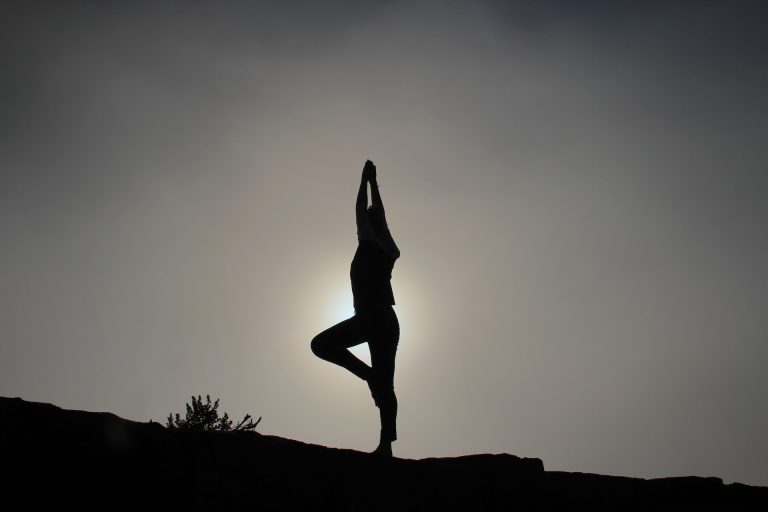What does Karate mean in Arabic?
Karate is a revered form of martial arts that originated in Okinawa, Japan. Practiced worldwide, it is a combination of physical strength, mental focus, and self-defense techniques. While the word „karate“ may seem unequivocally Japanese, its derivation and meaning have roots in other languages. In this blog post, we will explore precisely what „karate“ means in Arabic, its origins, and how it relates to the martial arts technique known as karate.
What is the translation of karate in Arabic?
Karate, also known as „empty hand,“ is derived from the Japanese words „kara“ meaning „empty“ and „te“ meaning „hand.“ However, in Arabic, the term „karate“ is not used; instead, it is translated as „الكاراتيه“ (Al-Karatiyah). This term, closely resembling the English term, is the closest approximation of the term in Arabic.
The Origins of Karate
As mentioned earlier, Karate originates in Okinawa, Japan’s Ryukyu Islands. The ancient art of self-defense had become common in the region, and it drew its early influence from Chinese fighting techniques. Karate gained popularity globally in the early 20th century after Gichin Funakoshi, the founder of Shotokan Karate, visited the Japanese mainland to showcase his skills.
Karate is often characterized by its focus on hand strikes, kicks, and knee strikes. However, it also includes various grappling techniques such as joint locks, throws, and pins. Training in Karate places significant emphasis on body balance, discipline, and a calm state of mind.
The connection between Karate and the Arabic Language
The practice of Karate has a strong connection to the Arabic language in various ways. The primary connection comes from the practice of reciting the dojo kun before and after each practice session. The dojo kun is a set of five principles of the martial art that emphasizes respect, humility, and moral values. These principles are often recited before and after training, and they are often spoken in Japanese, with the practitioners repeating the phrases in their native language, including in Arabic.
Karate and Sportsmanship
Karate is often associated with various tournaments, competitions, and events worldwide, attracting participants from all corners of the globe. It is a sport that places significant emphasis on sportsmanship and fair play, ensuring a level playing field for all participants. This aspect of the sport has inspired many athletes of Arabic origin to take up the sport, often participating in various international tournaments as part of their respective countries‘ teams.
Introduction
Karate is a martial art that originated in Okinawa, Japan, in the early 20th century. It has since spread around the world, and many people who practice karate are curious about what the term „karate“ means in Arabic. In this blog post, we will answer some of the most frequently asked questions on this topic.
What is the Arabic word for „karate“?
The Arabic word for „karate“ is „كاراتيه“ (kārātī). This word is transliterated from Japanese, where it is written as „空手“. The word „karate“ literally means „empty hand“ in Japanese, which refers to the fact that it is a martial art that does not involve the use of weapons.
When did karate first arrive in Arabic-speaking countries?
Karate first arrived in Arabic-speaking countries in the 1960s and 1970s. This was due to the spread of the martial art around the world, as well as the popularity of martial arts films and TV shows at the time. Today, karate is practiced in many Arabic-speaking countries, including Egypt, Saudi Arabia, and the United Arab Emirates.
What is the history of karate in Arabic-speaking countries?
The history of karate in Arabic-speaking countries is relatively short, but it has grown rapidly over the past few decades. The first karate dojo in Egypt was established in the 1960s, and by the 1970s, karate had become quite popular in the country. Today, there are many Egyptian karate fighters who have achieved international success.
In Saudi Arabia, karate was first introduced in the 1970s by Japanese expatriates living in the country. The Saudi Arabian Karate Federation was established in 1982, and the country has since become one of the leading nations in the sport of karate in the Arab world.
The United Arab Emirates has also seen significant growth in karate over the years. The country hosted the World Karate Championships in 2010 and again in 2014, and Emirati karate fighters have achieved great success at the international level.
How is karate perceived in Arabic-speaking countries?
Karate is generally well-regarded in Arabic-speaking countries, and many people view it as a means of self-defense and personal development. In countries like Saudi Arabia and the United Arab Emirates, karate is also seen as a way to promote national pride and showcase the country’s achievements in the sport.
What is Karate?
Karate is a form of martial arts that originated in Japan. It incorporates striking and kicking techniques, as well as various defensive maneuvers. Meaning „empty hand“ in Japanese, Karate is often practiced for self-defense purposes, physical fitness, and mental discipline. However, its roots can be traced back to ancient Okinawa, an island in Japan.
What Does Karate Mean in Arabic?
Karate is a Japanese word, and therefore, it does not have an Arabic meaning. However, the practice of karate has spread throughout the world, and many Arabic-speaking countries have adopted the martial art. In these countries, karate is still referred to as „karate,“ but the techniques and teachings may have been adapted to suit their culture and language.
How is Karate Practised in Arabic-speaking Countries?
Karate is a popular sport in many Arabic-speaking countries, and it has its unique style and flavor. In these countries, karate is typically taught in dojos or karate clubs, where instructors guide students through various techniques and routines. The karate practitiones follows the belt progression system, where a new belt represents the level of progress in the art.
The karate training in Arabic-speaking countries usually emphasizes speed and strength, along with precise movements and techniques. The basic strikes, kicks, and blocks are taught according to the specific style of karate being practiced. Some countries in the region have even developed their own karate styles that blend traditional karate with elements of their culture.
What are the Benefits of Practicing Karate?
Karate can be hugely beneficial for both physical and mental well-being. Here are some of the benefits of practicing karate:
Physical Benefits
– Improved balance, coordination, and flexibility
– Enhanced cardiovascular endurance and strength
– Muscle toning and weight loss
– Increased bone density and joint health
Mental Benefits
– Improved focus and concentration
– Increased confidence and self-esteem
– Better stress management and relaxation
– Increased discipline and attention to detail
Conclusion
While the word karate does not have an Arabic meaning, the martial art has gained popularity in many Arabic-speaking countries. Karate offers a range of physical and mental benefits to its practitioners, and its techniques and teachings have been adapted to suit the needs and culture of different regions. Whether you are looking to improve your fitness, learn self-defense, or gain mental discipline, karate may be an excellent option for you.
Inhaltsverzeichnis






